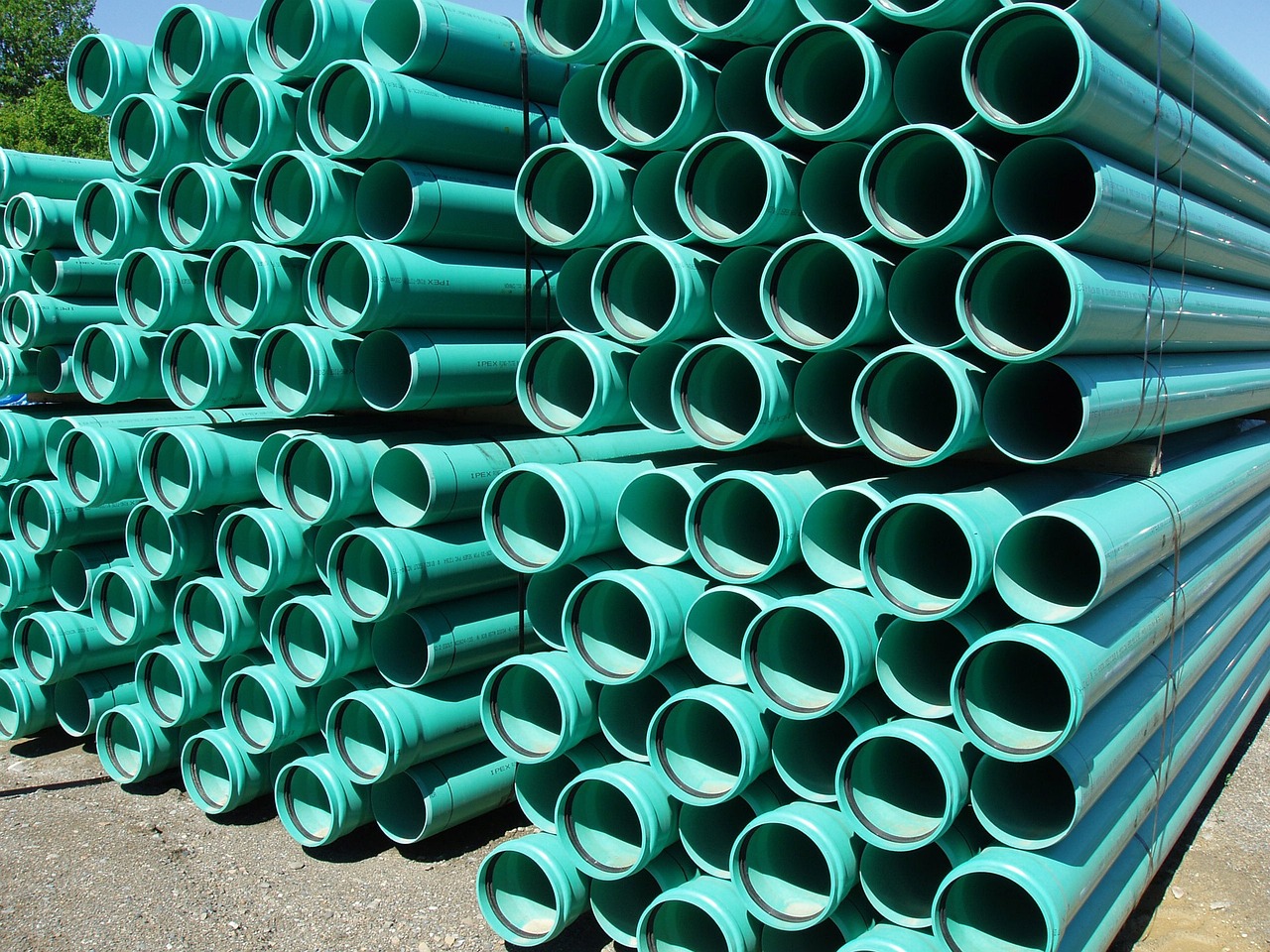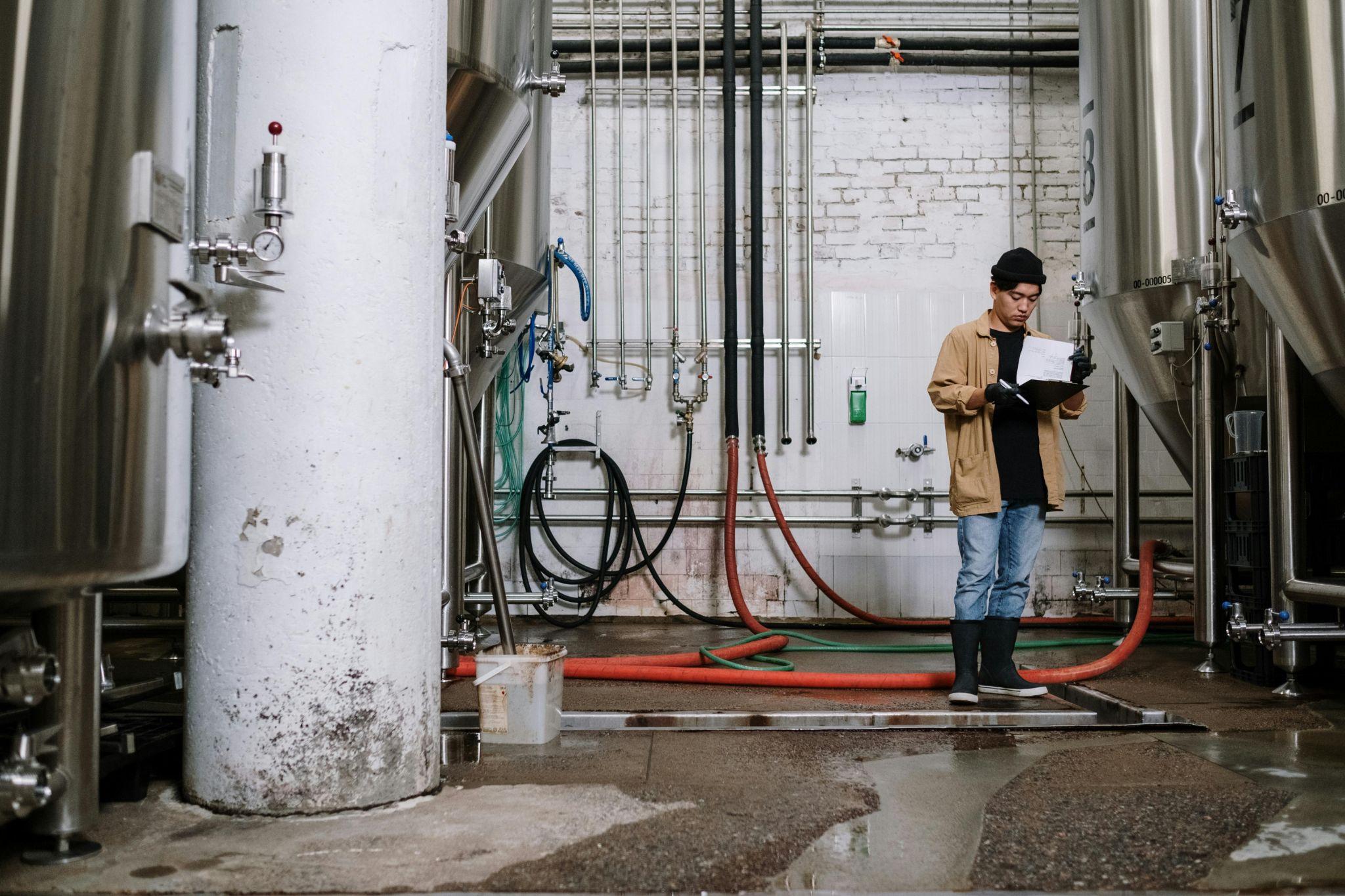
Renting a property comes with its own set of challenges. One often overlooked issue is plumbing. Clogged pipes can lead to significant repair costs that many renters may not be prepared for. Understanding how to keep your plumbing in good condition can save you time, money, and anxiety. This guide will explore practical steps to take in preventing clogged pipes while renting.
Understanding Common Causes of Clogs
Familiarizing yourself with the typical culprits behind clogs is the first step in circumventing plumbing issues. Hair, soap scum, food debris, and grease are frequent offenders in rental properties. When these substances accumulate over time, they can create blockages that obstruct water flow. One particularly concerning practice is improper disposal methods, such as pouring grease down the drain. As grease cools, it solidifies and adheres to the inner walls of pipes, gradually narrowing the passage for water to flow. This buildup can lead to stubborn blockages that require professional intervention to clear. Educating tenants on proper disposal methods, such as using a grease container instead of the sink, can help prevent these costly plumbing issues.
Practical Steps for Preventative Maintenance
Regular maintenance plays an essential role in keeping pipes clear. Schedule periodic checks on drains and pipes, observing the condition of both visible and hidden plumbing. Keeping an eye on water flow and looking for signs of slow drainage can help prevent larger issues from arising. Using drain screens in sinks and showers is another effective preventative measure. These screens capture hair and debris before they have a chance to enter the plumbing. Regular cleaning of these screens will ensure they remain functional and effective. Flush your plumbing with hot water regularly to dissolve grease and soap buildup.
Educating Yourself on Drain-Friendly Practices
Understanding which substances can go down the drain is crucial. Cooking oils, food scraps, and even dental floss can lead to clogs, so dispose of these materials in the trash instead of relying on your plumbing system. Providing educational resources for all household members promotes harmony among different practices. Sharing safety tips and ensuring that everyone knows what can and cannot go down the drain is key to maintaining a healthy plumbing system. Making small adjustments in daily routines can significantly impact the longevity of rental plumbing.
Responding to Warning Signs
Keeping an eye out for early warning signs can save unnecessary hassle. Slow-draining sinks, gurgling sounds in pipes, and unpleasant odors often indicate an impending clog. Taking action at the first sign may prevent more severe clogs later. If you observe any troubling symptoms, consider taking proactive measures such as using a plunger or a plumber's snake to dislodge minor blockages. Professional help may be needed for serious problems, such as tree roots invading pipes or corroded pipes that require replacement. Being aware of these signs can help renters react swiftly and effectively.
Consulting Your Landlord
As a tenant, it's wise to keep an open line of communication with your landlord regarding plumbing issues. Many property owners want to avoid costly repairs just as much as you do. Reporting any plumbing concerns early on ensures that the responsibility for repairs falls on the landlord, rather than you. Sometimes, a minor problem can escalate into a significant issue if left untreated. Your landlord may have a preferred list of professionals they work with, and this can also lead to a smoother process when resolving plumbing concerns. Keeping documentation of communication with your landlord and any repairs can come in handy if disputes arise.
Knowing When to Call Professionals
Preventive maintenance is essential, but recognizing when to seek professional help is just as important. If plumbing issues persist despite your efforts, consulting experienced plumbers can ensure proper diagnosis and repair. Certified professionals have the expertise to handle complex problems safely and effectively. Plumbers identify that flushing used oil can create issues by coating pipes and causing stubborn blockages, often requiring specialized removal. Establishing a relationship with local plumbing services is beneficial, especially in emergencies when quick action is necessary. Many offer 24/7 support, providing reassurance when unexpected issues arise. Understanding local plumbing regulations and tenant rights can help you navigate potential disputes and avoid unnecessary complications.
Developing a Maintenance Checklist
Creating a plumbing maintenance checklist can streamline efforts to avoid future issues. Consider listing regular maintenance tasks alongside their schedules. This could include checking drains and pipes every few months, cleaning screens monthly, and monitoring water flow. Regularly updating this checklist will allow you to recognize potential problems before they escalate. Taking control over your plumbing maintenance significantly reduces the chance of enduring costly repairs from clogs. With diligence, you can actively contribute to the well-being of your rental property.

The Importance of Regular Inspections
Conducting regular inspections can help you catch problems sooner rather than later. Inspecting plumbing fixtures for leaks or corrosion can prevent larger problems that may arise from undetected damage. Creating a relationship with a local contractor willing to conduct these annual inspections fosters better communication and enhances trust. A contractor could provide insights and suggestions tailored to your rental’s specific plumbing system. This proactive approach can safeguard your property, both for yourself and future renters.
Maintaining plumbing in a rental is vital for reducing unexpected repair costs. Understanding common causes of clogs enables renters to make informed decisions. Taking simple preventative measures, staying alert for warning signs, and fostering open communication with landlords can significantly mitigate issues. Knowing your rights and sharing insights with neighbors fosters a proactive community. By embracing these strategies, renters can enjoy a hassle-free experience and feel a sense of ownership over their rented property.









